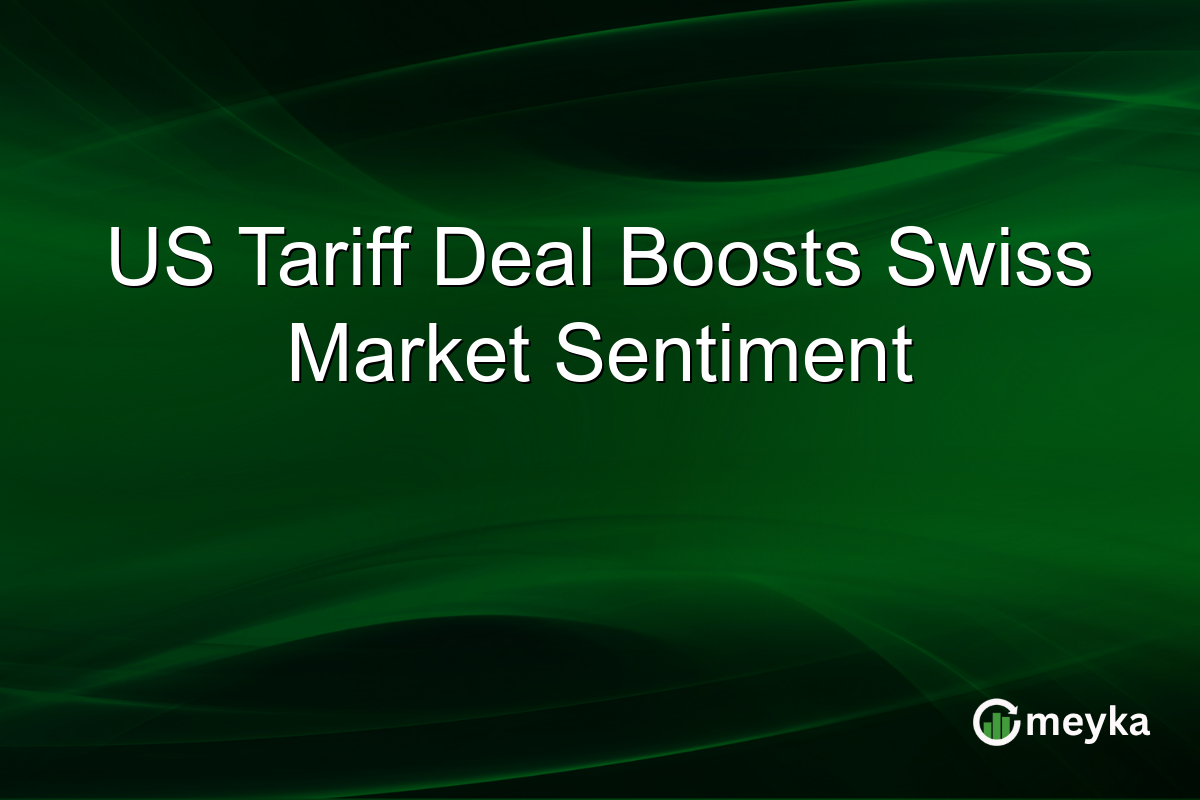US Tariff Deal Boosts Swiss Market Sentiment
The recent Swiss-US tariff deal has created a wave of optimism in Swiss markets. This agreement significantly reduces tariffs, which is projected to benefit Swiss exporters by improving access to the US market. The Swiss business federation, economiesuisse, praises this development, highlighting an enhanced level playing field with EU/EFTA states. This agreement comes as a strategic move during a time where global trade relations face uncertainties, providing Switzerland with a competitive edge.
Continue Reading on Meyka
This article is available in full on our main platform. Get access to complete analysis, stock insights, and more.
Read Full Article →





